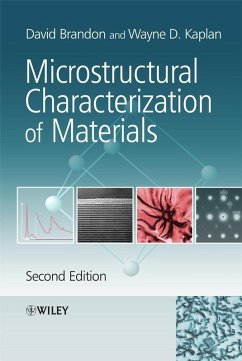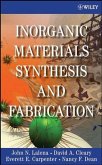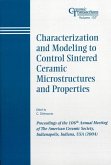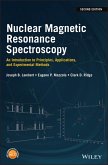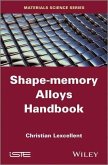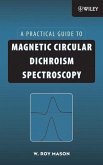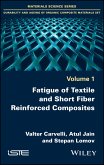Microstructural characterization is usually achieved by allowing some form of probe to interact with a carefully prepared specimen. The most commonly used probes are visible light, X-ray radiation, a high-energy electron beam, or a sharp, flexible needle. These four types of probe form the basis for optical microscopy, X-ray diffraction, electron microscopy, and scanning probe microscopy. Microstructural Characterization of Materials, 2nd Edition is an introduction to the expertise involved in assessing the microstructure of engineering materials and to the experimental methods used for this purpose. Similar to the first edition, this 2nd edition explores the methodology of materials characterization under the three headings of crystal structure, microstructural morphology, and microanalysis. The principal methods of characterization, including diffraction analysis, optical microscopy, electron microscopy, and chemical microanalytical techniques are treated both qualitatively and quantitatively. An additional chapter has been added to the new edition to cover surface probe microscopy, and there are new sections on digital image recording and analysis, orientation imaging microscopy, focused ion-beam instruments, atom-probe microscopy, and 3-D image reconstruction. As well as being fully updated, this second edition also includes revised and expanded examples and exercises, with a solutions manual available at http://develop.wiley.co.uk/microstructural2e/ Microstructural Characterization of Materials, 2nd Edition will appeal to senior undergraduate and graduate students of material science, materials engineering, and materials chemistry, as well as to qualified engineers and more advanced researchers, who will find the book a useful and comprehensive general reference source.
Dieser Download kann aus rechtlichen Gründen nur mit Rechnungsadresse in A, B, BG, CY, CZ, D, DK, EW, E, FIN, F, GR, HR, H, IRL, I, LT, L, LR, M, NL, PL, P, R, S, SLO, SK ausgeliefert werden.

